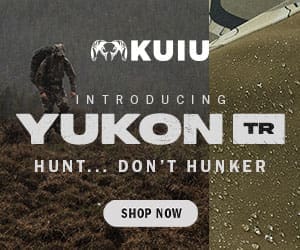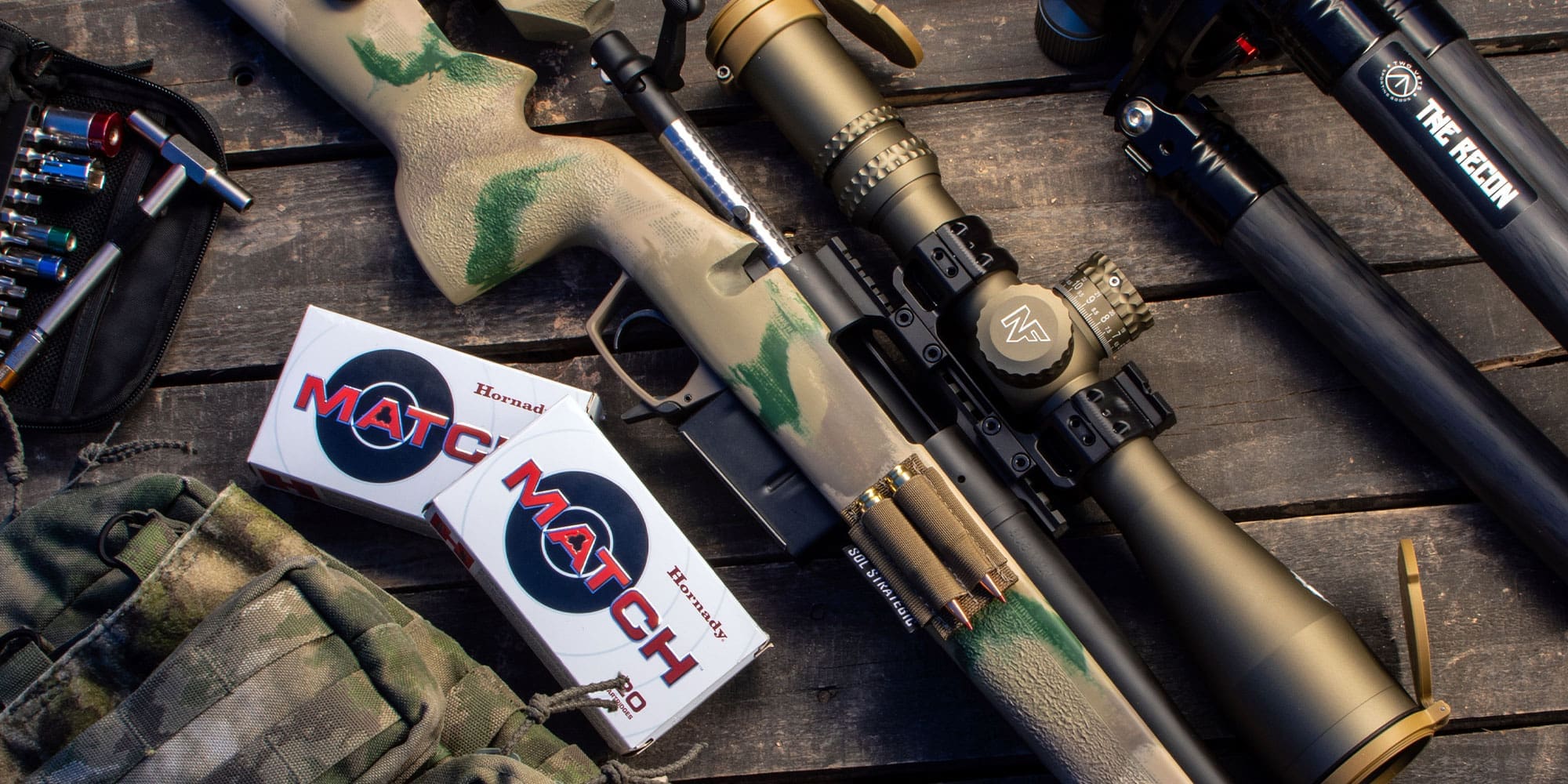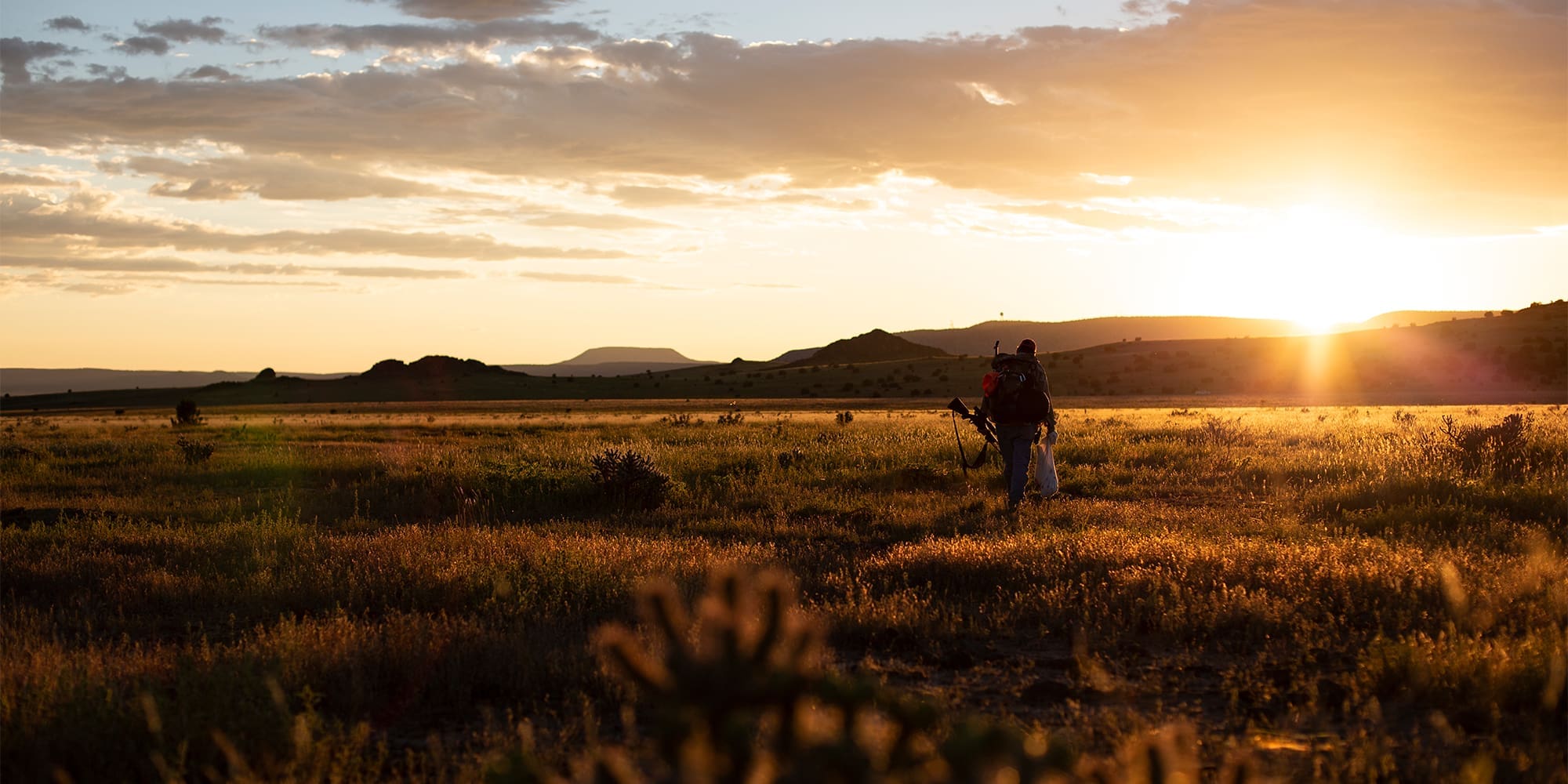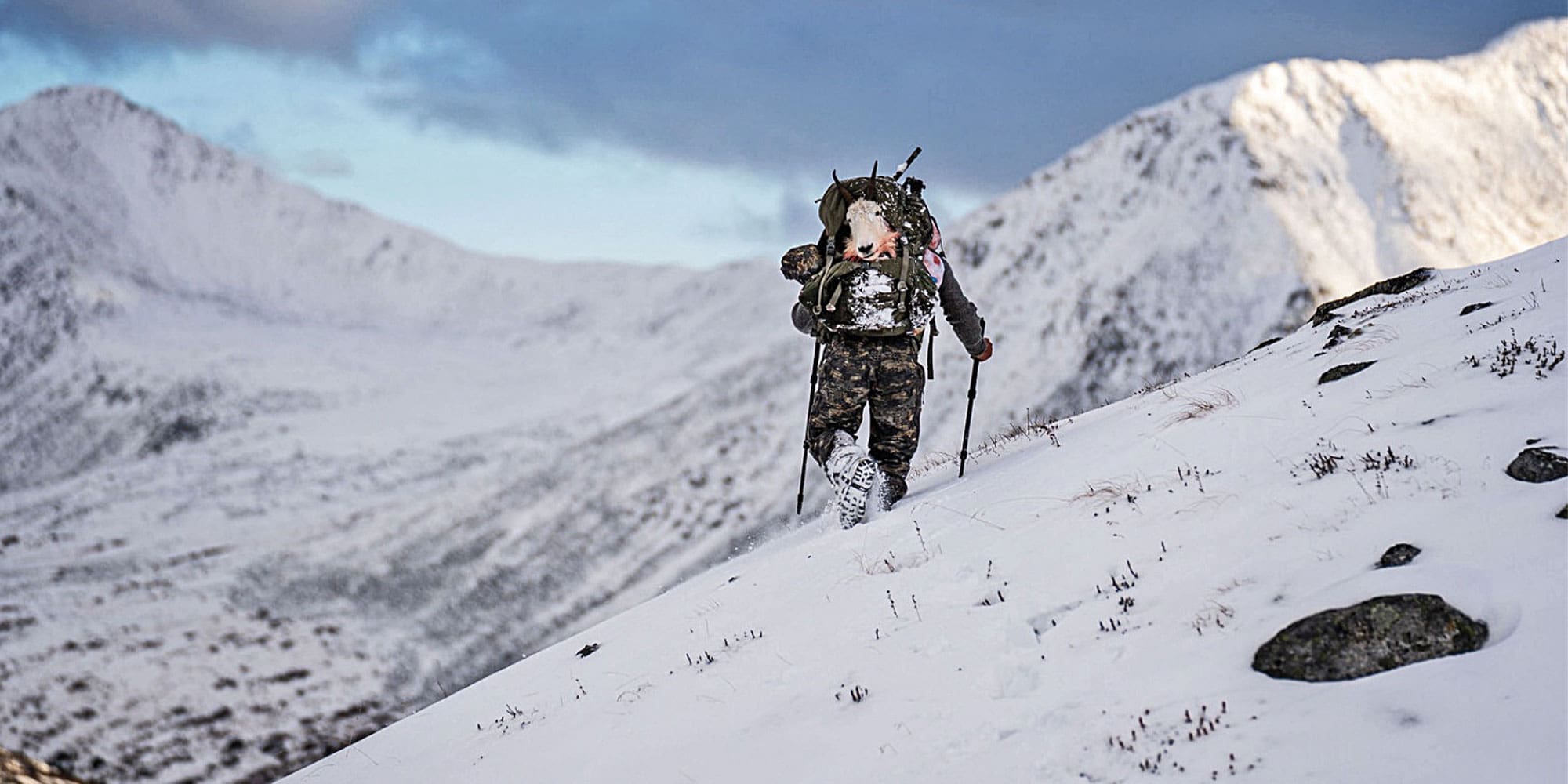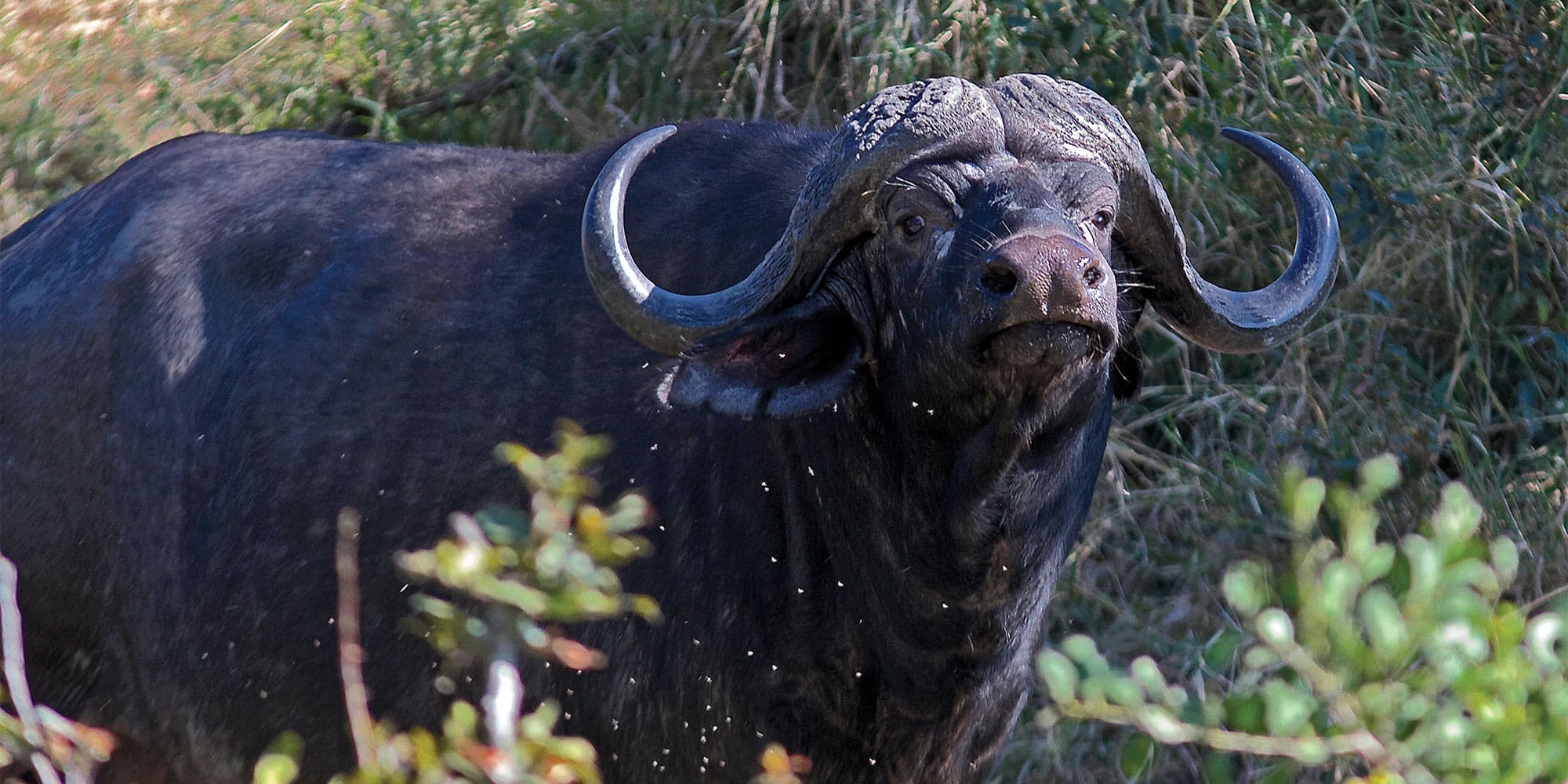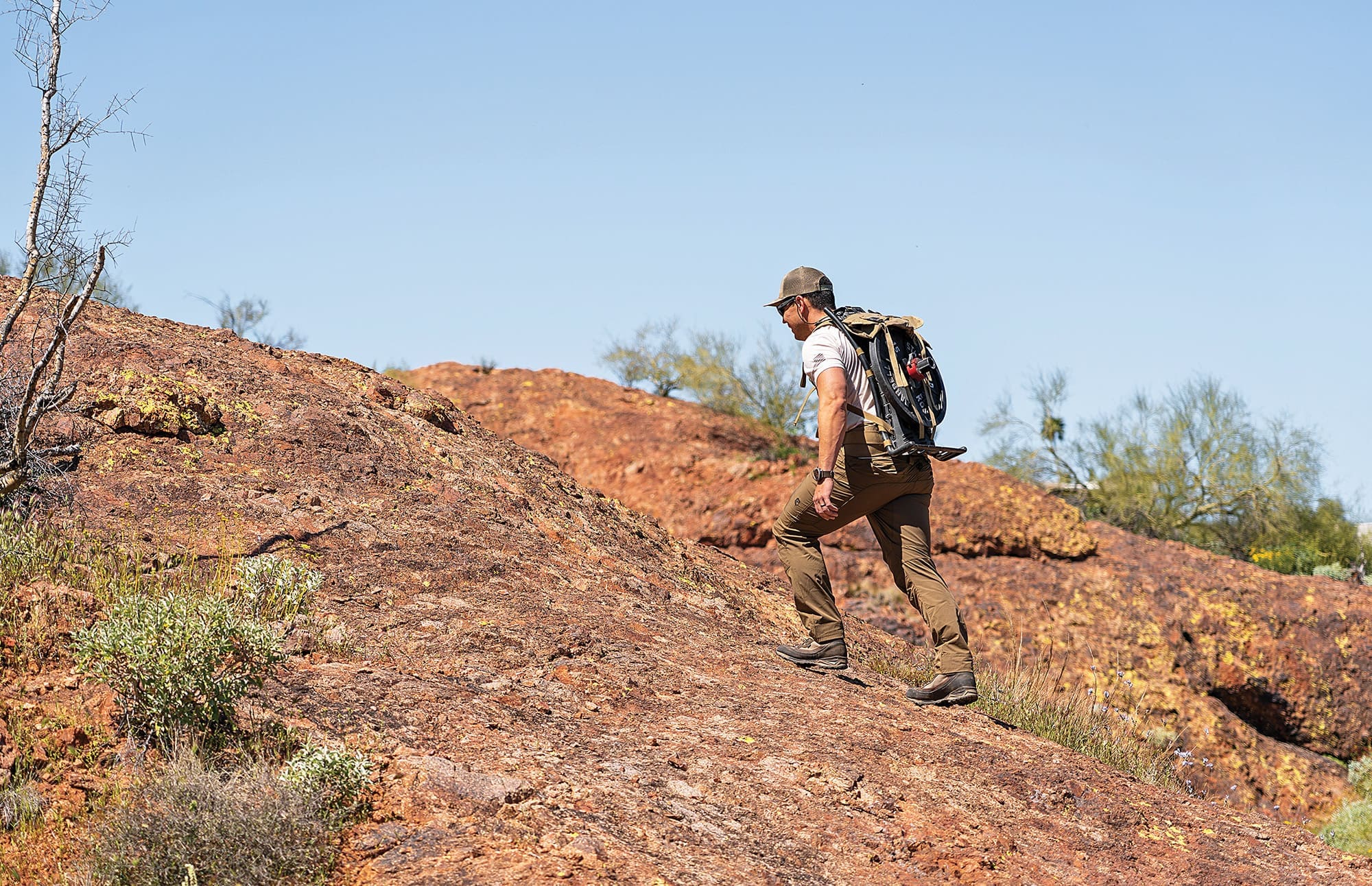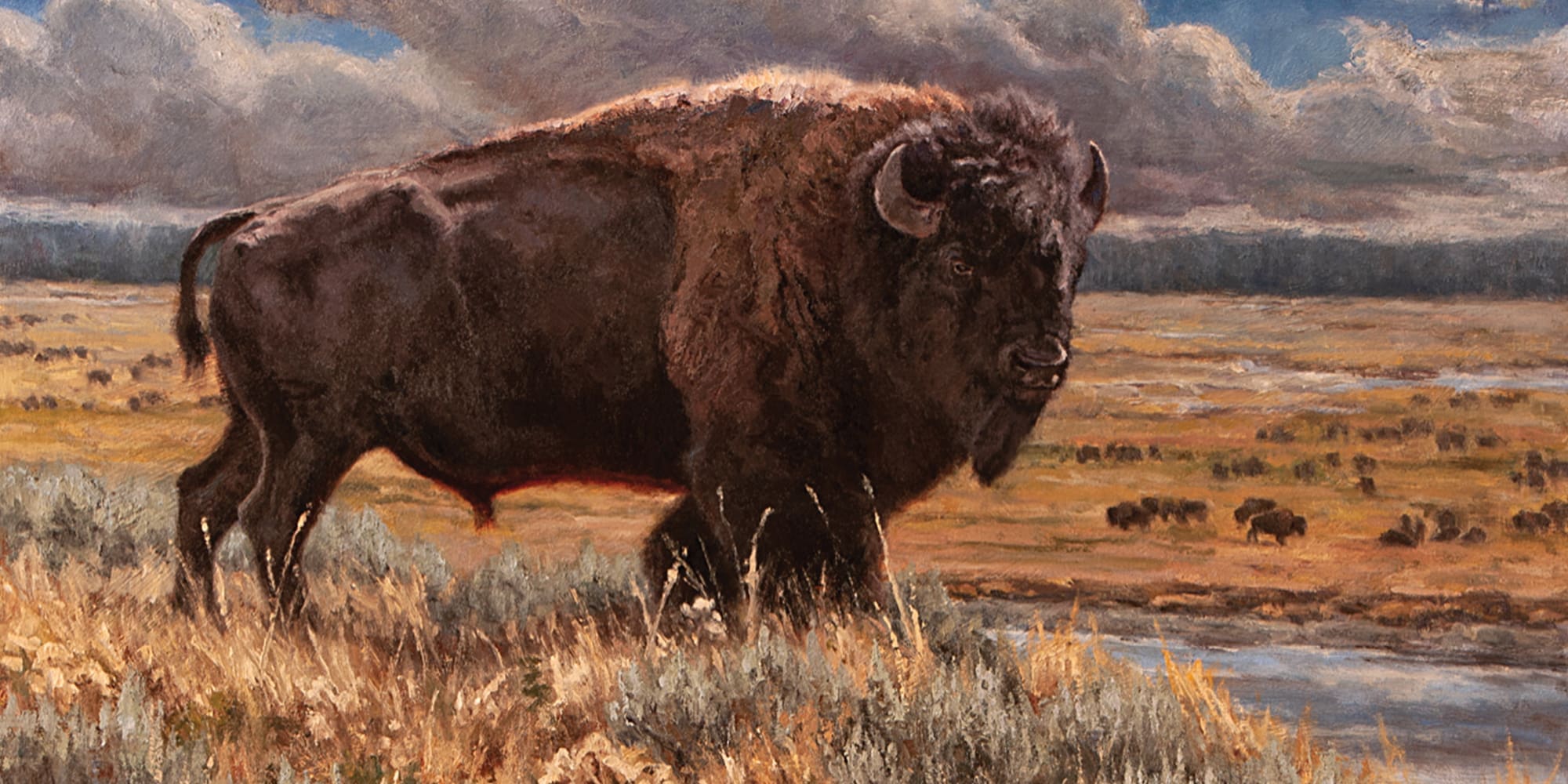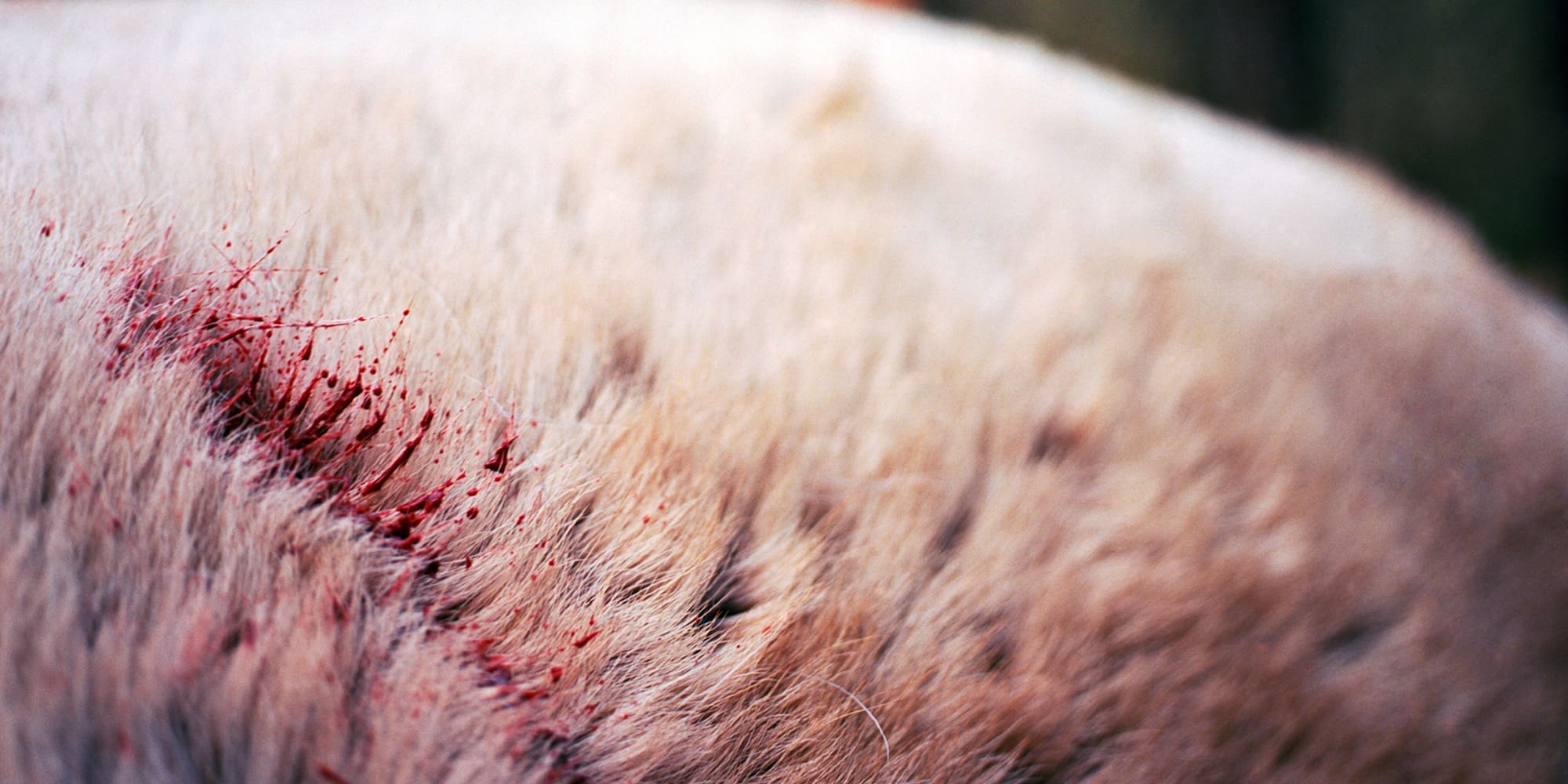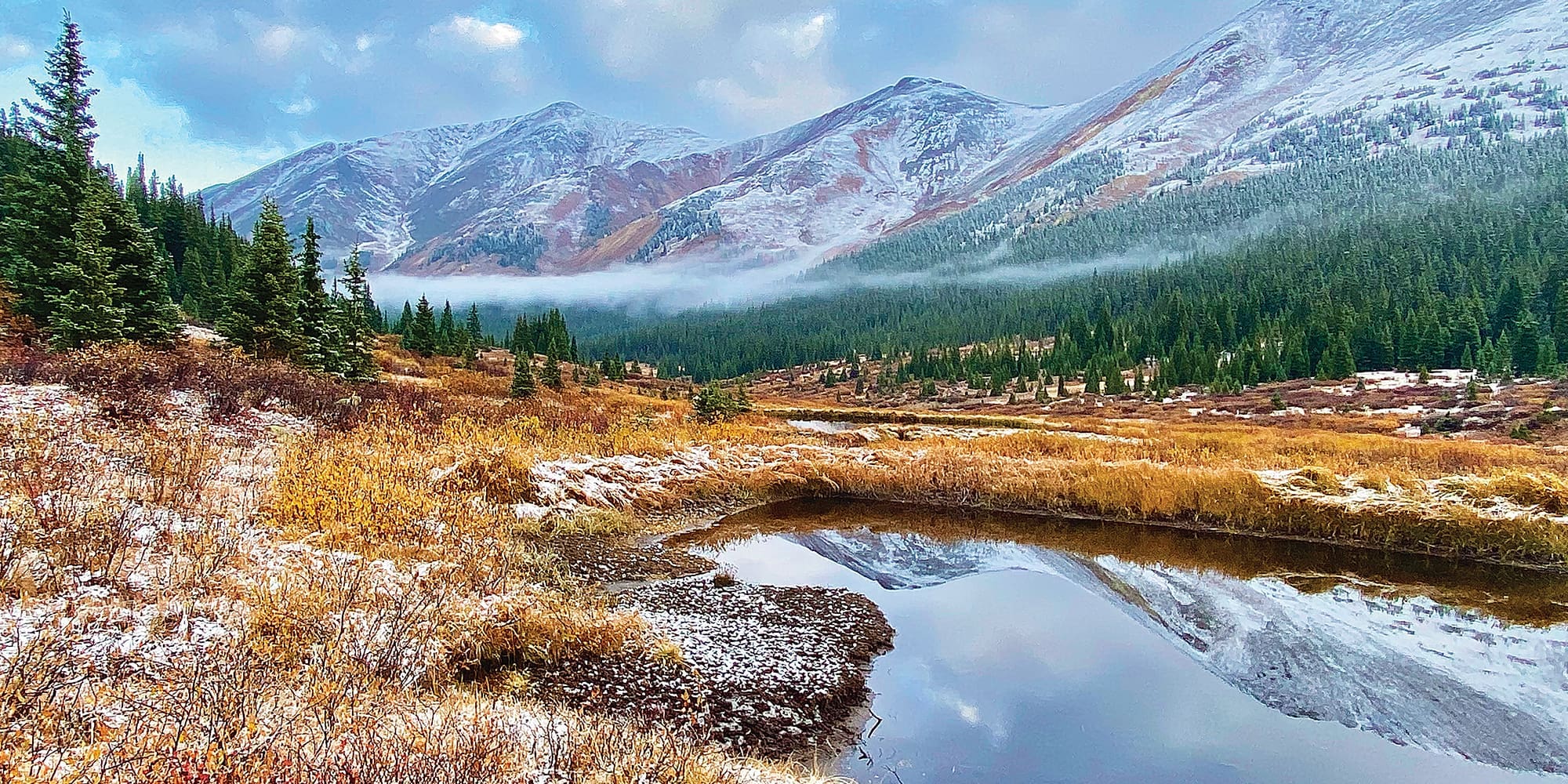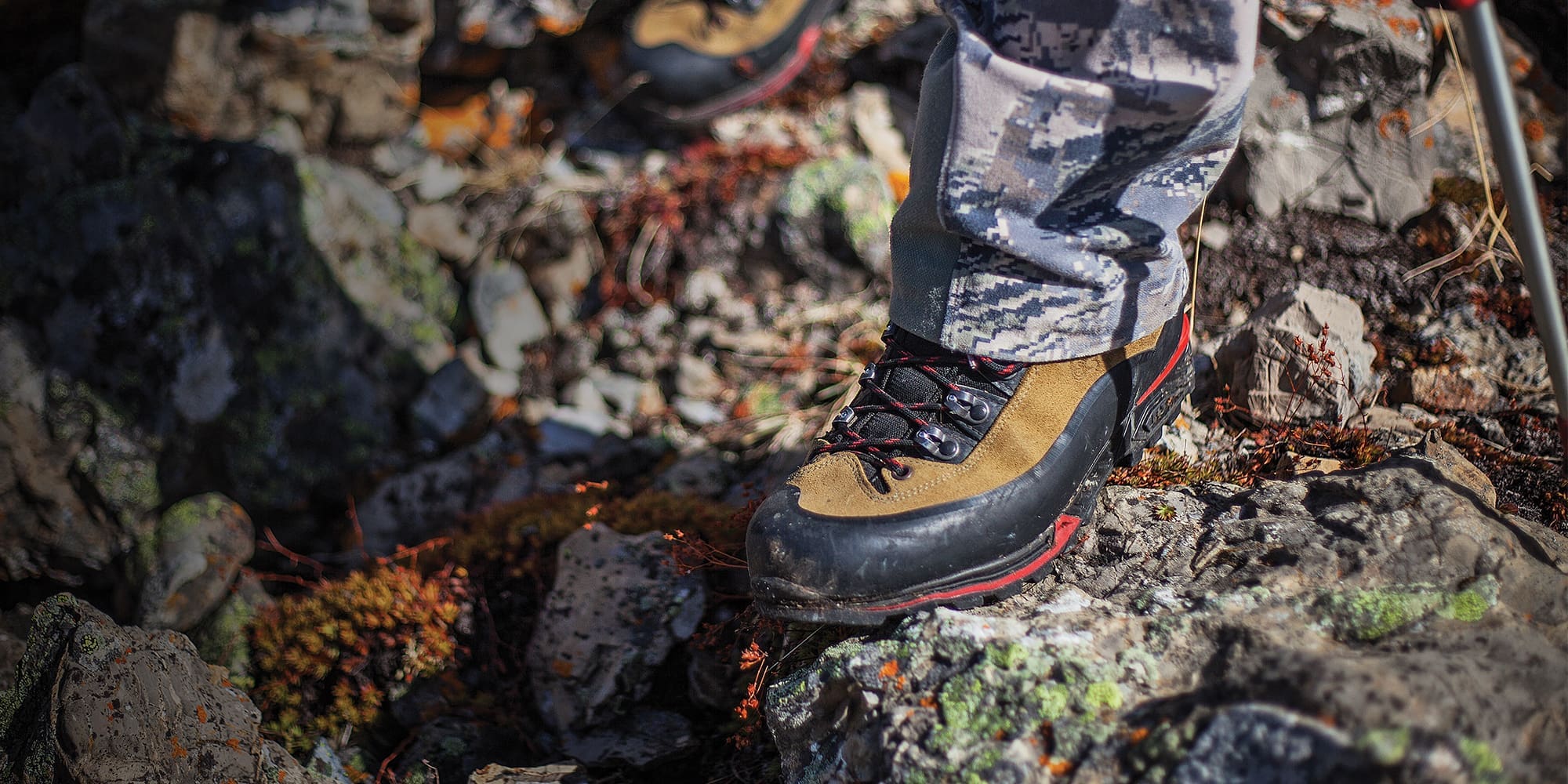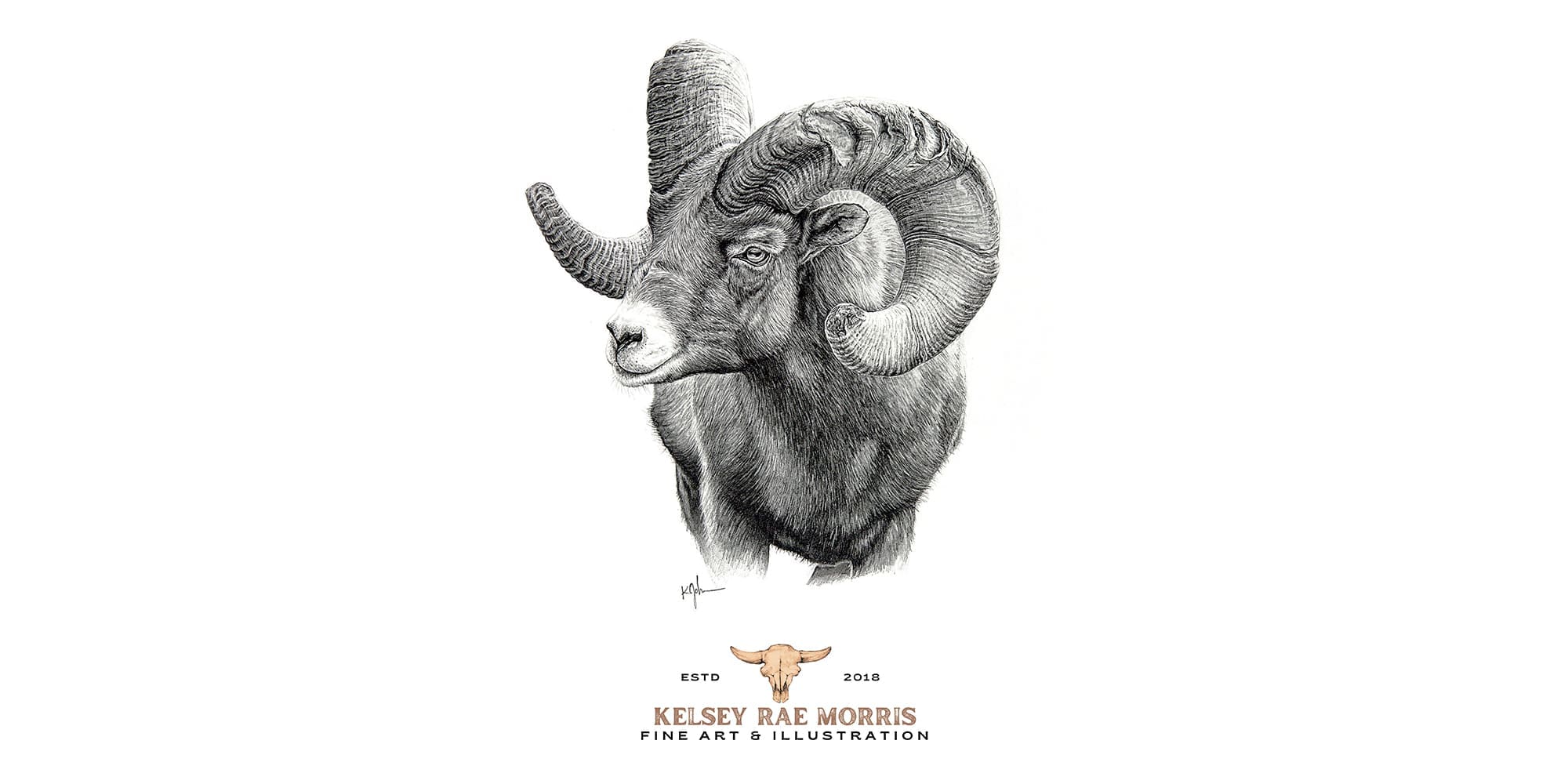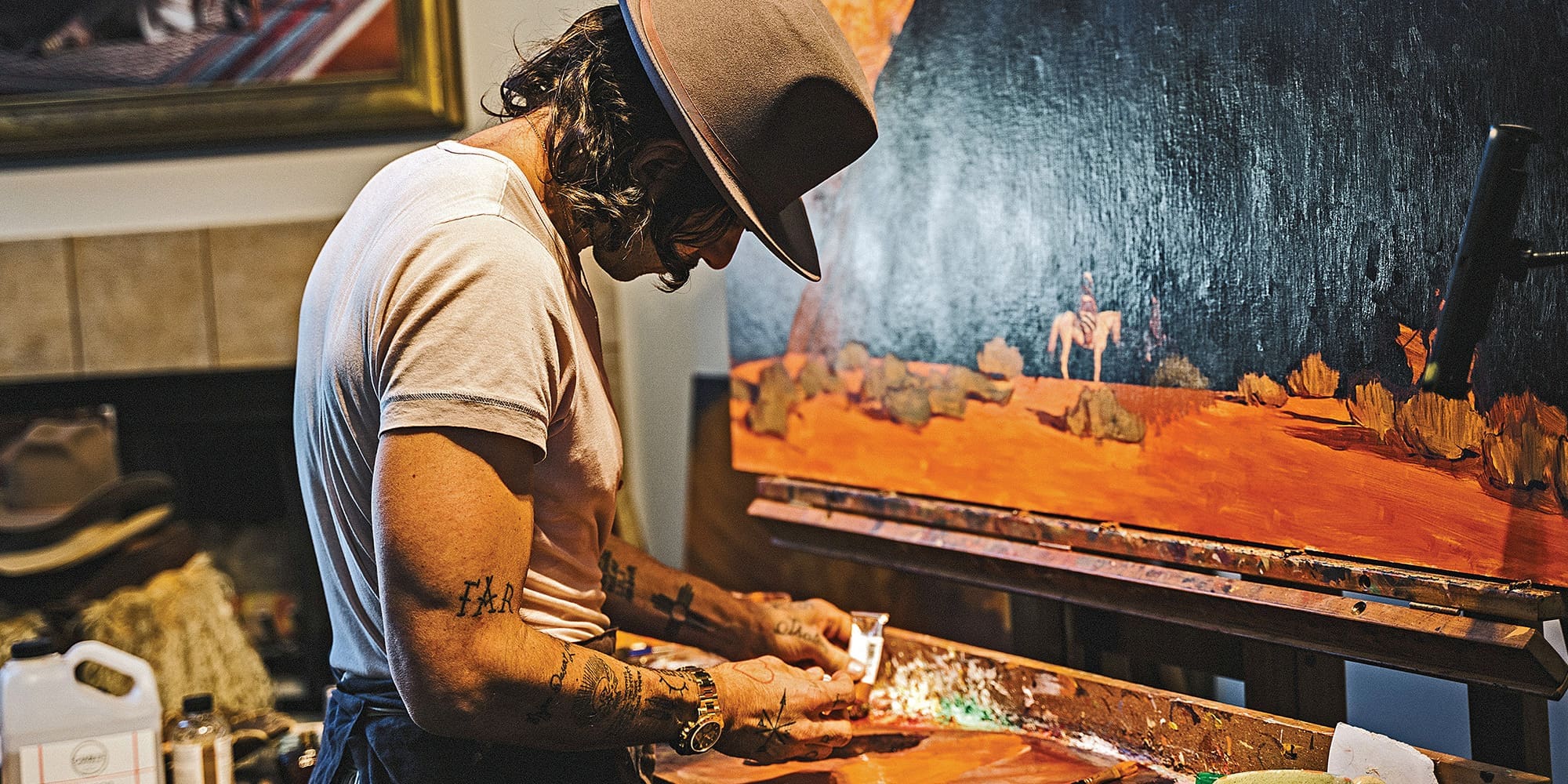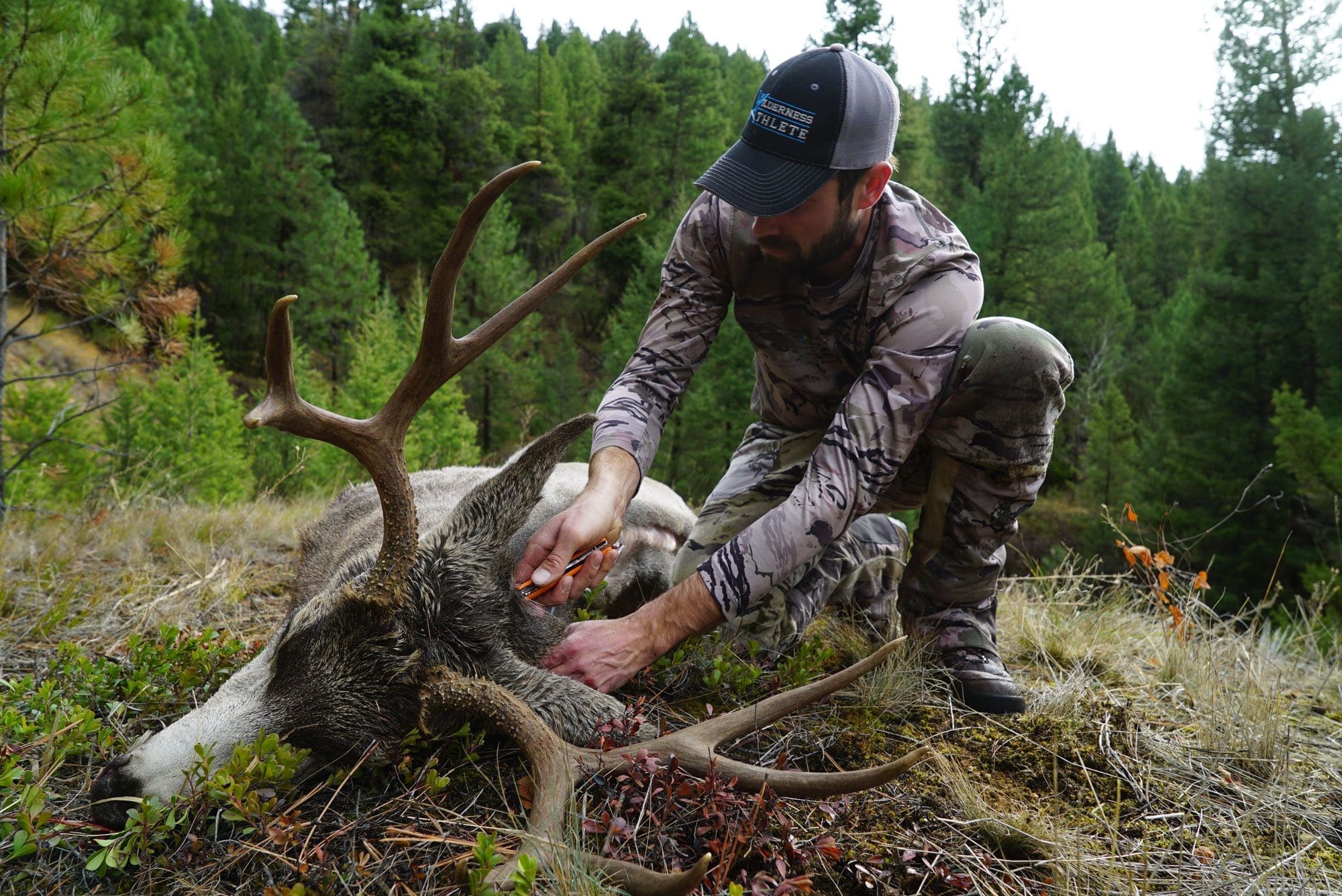
NOTICE: Certain links on this post may earn a commission for Western Hunter Magazine from Amazon or our other affiliate partners when you make a purchase. Thank you for your support.
How to Become an Elk Hunting Guide
Making a living hunting elk is a dream job, but there is little information on how to actually make that happen. One question I get asked frequently is, “How do I become an elk hunting guide?”
If you want to be a lawyer or teacher, there are well-defined paths to those professions. The same info isn’t as readily available for those who desire to become hunting guides. I’ll lay out the best plans to landing your dream job of chasing elk for a living. Forget what your guidance counselor told you; this is a job fair for the diehard elk hunter.
Benefits Package
For the majority of my adult life, my sole income has come from guiding hunters - most of them elk hunters. Although it’s no way to get rich, the “benefits package” far exceeds sitting in an office.
When I was in high school, all I knew is that I wanted to hunt all the time, and I really do mean all – the – time. To me, being a hunting guide was the answer. If there was any way I could make even a meager living and get to be out chasing elk and deer, I was bound and determined to make that happen.
I’ll never forget my first guiding job. I worked hard, giving it everything I had and then some. To top it off, the outfitter I was working for had a heart attack on the second day of the hunt. I was left to take care of everything from cooking to feeding the stock and guiding. I didn’t let the early hours and lack of sleep determine how hard I was going to hunt.
At the end of the week, when I got paid, I remember calculating the amount I got, minus my costs…$1.85 per hour. Still, my thoughts were, I want to do this for the rest of my life! It was the best job I ever had. I laughed all the way to the bank because what they didn’t know was, I’d have worked for free.
By the end of my first season, I gained more hunting experience than I had in all the years leading up to that point. I had many stories of adventure and mishap and experienced genuinely wild events that no money could buy. I spent four months hunting various states and was hooked!
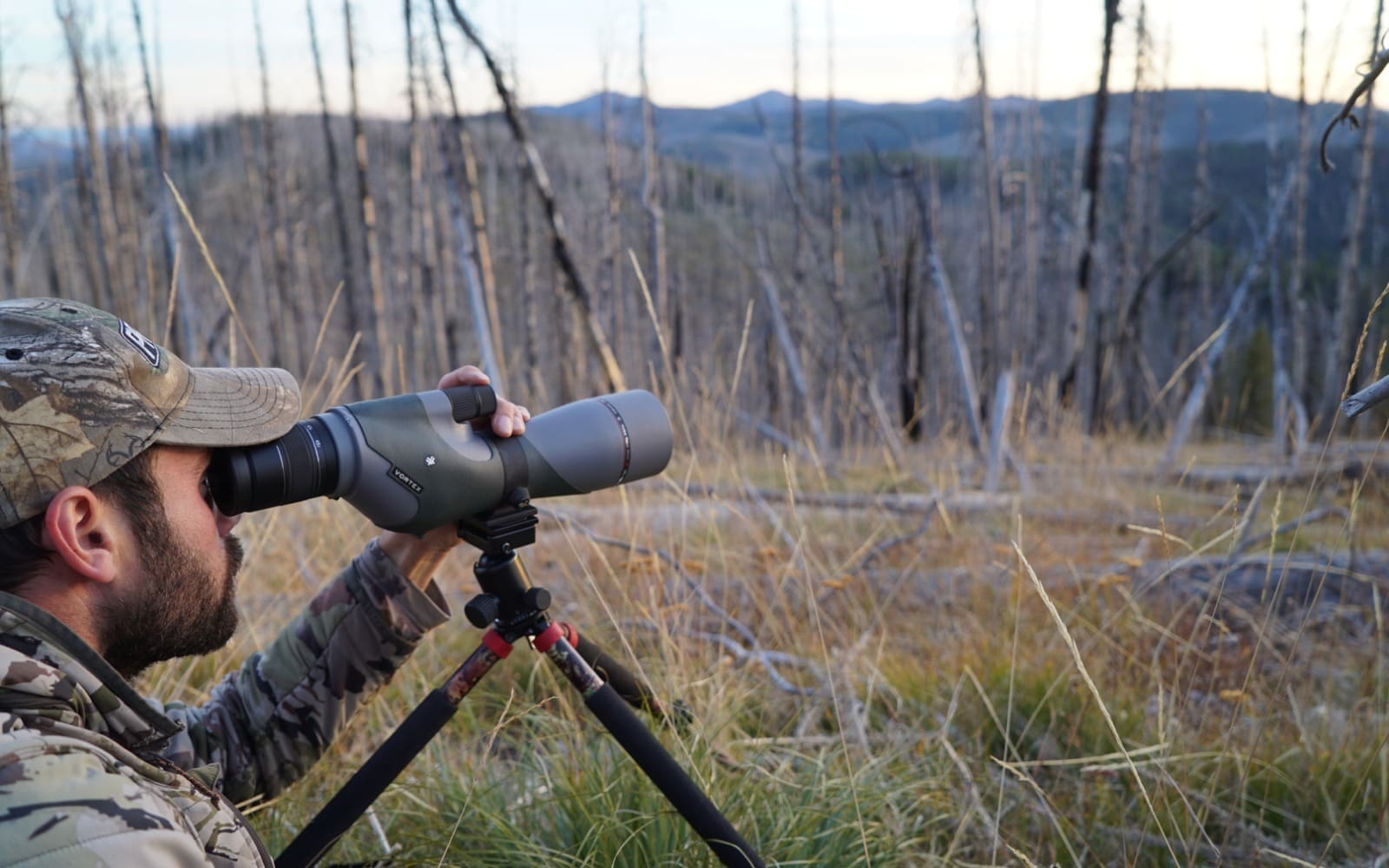
Hunting Guide Job Description
Being a hunting guide isn’t just about being able to hunt elk. The other half is being a people person, likable, entertaining, a leader, able to read people and situations and be decisive. You aren’t just taking someone elk hunting, but also providing an entire elk hunting experience. Most clients will have far less experience than you. You’re responsible for the type of trip they have, so more than just finding elk goes into it.
Most of the time, part of the requirement is to be away from your “regular life” for prolonged periods of time. For many, this is the hardest part. It makes the longevity of the job difficult, especially because the work is seasonal.
After talking and interviewing some other hunting guides, most conclude that the sacrifice is worth it. To be able to hunt and call it work makes up for the time away from the normal world. Welcome to your new office.
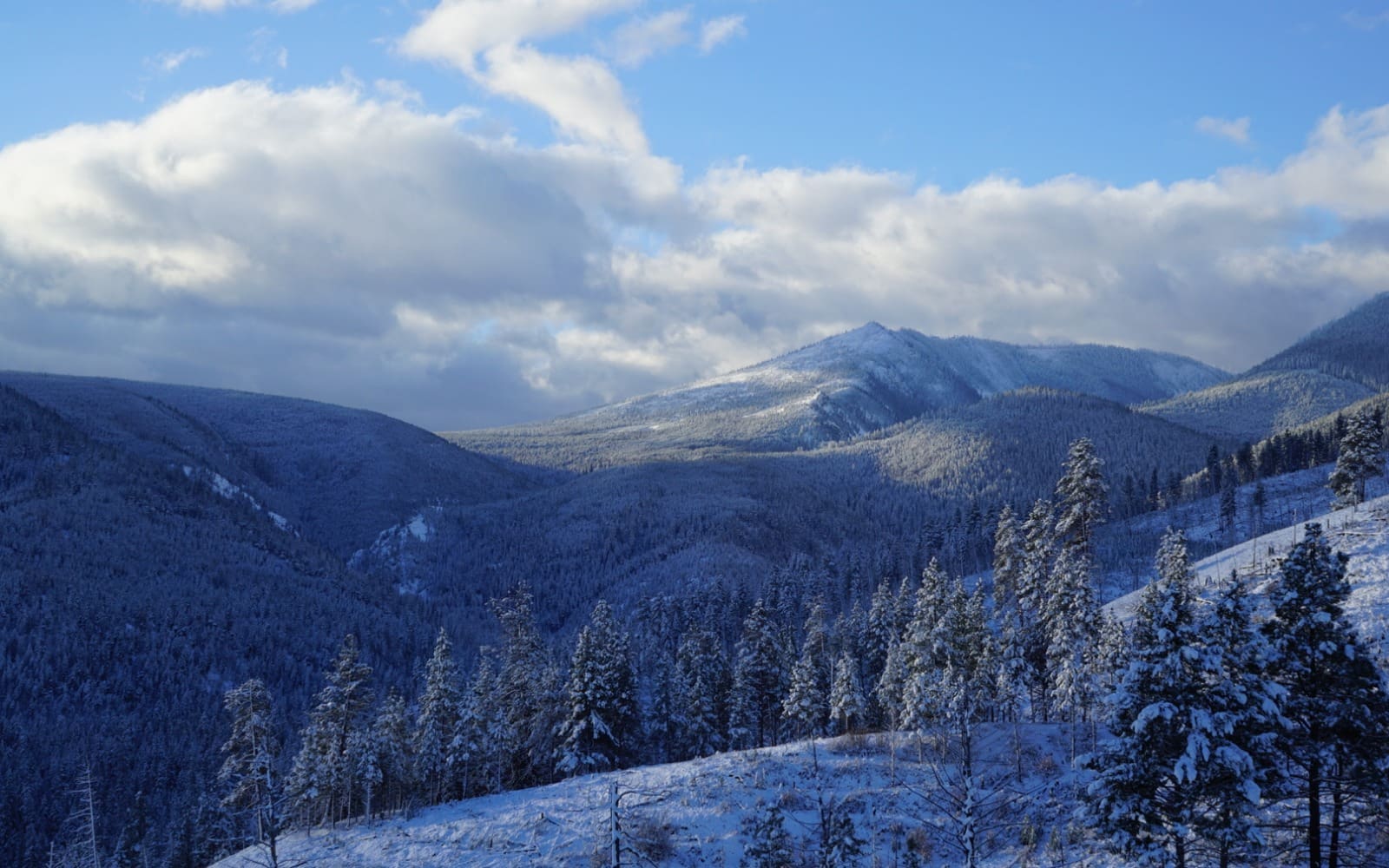
What’s Required
I’ve seen articles on “how to become an elk guide” over the years and they all fell short, at least for me. Why? Because they never really addressed the issue that you need to actually know: how to elk hunt. They talked about schools and other things but failed to mention the crux of the operation.
As much as people hate to hear it, there are prerequisites to getting a job as an elk hunting guide. As an outfitter, I get many requests from potential guides, but very few meet the qualifications. Many of the people that want to be elk guides have never hunted out West. That just doesn’t work.
There are exceptions to the rule, but for the most part, elk hunting experience is the best start. Hunting experience where you’re planning on working is even better! Of course, people with western hunting/ mountain hunting experience are certainly capable of guiding and hunting in areas and for animals they’ve never hunted, but those are people who have a lot of hunting experience.
The best place to become a hunting guide is in the areas you already know and hunt. By hunting your spots, it actually benefits you for your own hunting. You’ll know the area and the animals way better by spending more time there. Few people have the opportunity to hunt an area daily for months.
4 Classic Hunting Guiding Categories
I’ve broken down elk guiding into four categories: backcountry horseback hunts, private land hunts, trophy area hunts, and public land day hunts. This will help anyone thinking about being a guide to focus on where they would excel and give ideas on how to obtain a job as a hunting guide.
Backcountry Pack-in Horseback Hunts
Backcountry elk hunts are at the heart of elk guiding. Few other species require hunters to pack into the wilderness on horseback to pursue. Because of the logistics and stock needed, many hunters, including longtime or experienced elk hunters, will hire outfitters to assist in getting into the location, take care of camp, and assist with the horses.
These can be awesome hunting experiences with the right guides, stock, and camp. It can also be a great job for those who desire to spend time in some truly remote places few others will ever see.
Most of the clients on these hunts are from non-western states, but in states like Wyoming, where a guide is needed for nonresident wilderness tags, or Montana and Idaho where there are famed large wilderness areas, these hunts also attract seasoned western elk hunters who want the horse camp experience.
Required skills:
Horse skills are at the top of the list for these types of hunts. Handling, wrangling, and packing stock is the major skill that hunters are paying for and guides need. Of course, elk hunting experience is necessary, but these types of outfits are the best way for people with less elk hunting experience to get a foot in the door. Horse handling is something that can be learned outside of the hunting season. Starting out as a wrangler is a great way to get a foot in the door if you have limited elk hunting experience.
Previous knowledge of the hunting area isn’t necessarily required for these hunts. The hunting area is relatively set where the camp is and what is within a walk or ride from camp. Because of this, few people will know that specific area.
With the remote nature and need for manpower, these hunts often have a high turnover in new guides starting out. Many people find it isn’t what they expected or they can’t handle the isolation. This makes it a good place for someone wanting to jump in to start looking, as there are often open positions, so long as you have the necessary skills with pack stock.
Don’t have experience with stock? This is the type of operation guide schools cater to. This is the most practical application for a hunting guide school. The majority of the focus for these schools is to provide horse operations with hands. For the person with a lot of elk hunting experience, you may even need the horse training, but a combination of elk hunting and horse knowledge makes you extremely valuable to these kinds of outfits. It also makes you flexible to look for work in multiple areas, as knowledge of that exact unit is not often paramount in getting this type of guide job.

Private Land Elk Hunts
Private land hunts can vary greatly in cost, size of bulls, and type of hunt. As a rule of thumb, a lot of private land elk hunts are physically easier than most public land hunts.
Required skills:
These hunts are more about knowing elk than anything else. Calling, glassing, and judging are all high on the skills list. Knowing the specific area is less important because, with private land, only those with access can learn it. Hunters with a lot of elk experience will pick up what needs to be known about the hunt area quickly. Horse knowledge may not be needed.
This type of hunt also demands guides that are good “people persons”. There tends to be more downtime on private land elk hunts, so a guide that can entertain guests is paramount.
Limited Entry Unit Trophy Hunts
On these hunts, the hunter is hiring a guide service because the limited amount of tags makes knowledge of the area and specific animals the selling point. Many of the hunters have elk hunting experience or western hunting experience. These hunts often are sold to residents who have drawn the tag and are looking to take a trophy. Most of these hunts are conducted on public land, but the limited amount of pressure and tags allows for fewer hunters in the field than many of the other public land hunts.
Required skills:
Knowledge of the animals and the area is key. Knowing the unit, field judging elk, and being able to spend ample time scouting are at the top of the list for guides. These hunts are more about specific animals and where they live. Being familiar with the area is a plus. Of course, knowing elk will help and could be a job for someone with a ton of elk hunting experience, but hunters who know that particular area will be at the top of the new hire list.
Public Land Day Hunts
These hunts are different from pack-in hunts because the hunters generally aren’t taking horses into camp. Most of the camps are accessible by vehicle and are conducted on public land. Most of these hunts are in OTC areas and emphasis is not as strong on trophy size.
Most of the clients on these hunts are from non-western states or western states with limited elk hunting opportunities.
Required skills:
Intimate knowledge of a specific area is what drives potential guides to the top of the list in these hunts. Success can be tough here unless you know the dynamics of where elk live, where they get pushed to, migratory patterns, etc.
Having your own spots will benefit you greatly. You also personally benefit by gaining knowledge of an area you already hunt.
Horse skills may be a requirement for some of these hunts but are mostly used for packing out. Lack of horse knowledge wouldn’t be a deal-breaker like in the wilderness hunts.
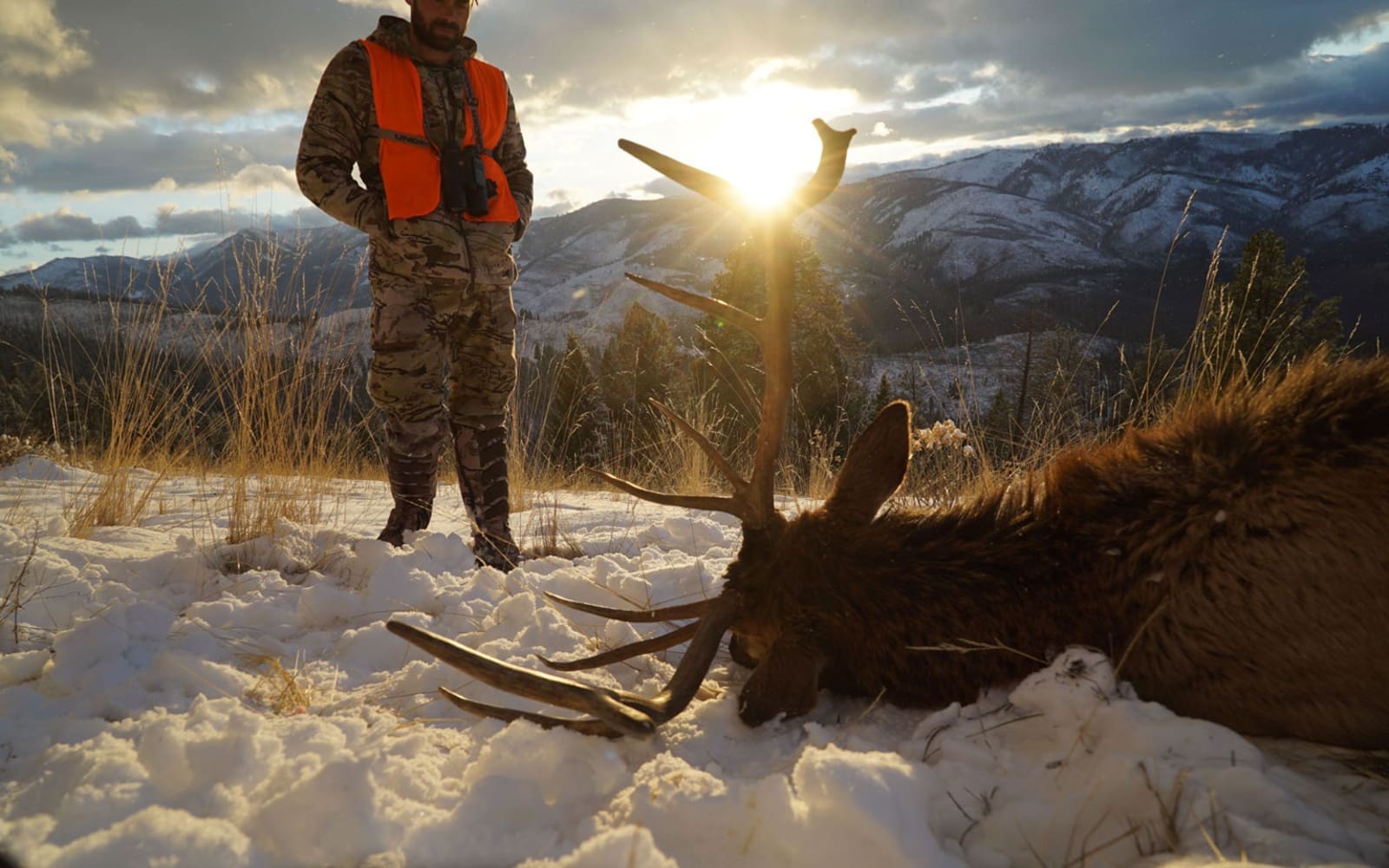
Landing That Dream Job
Once you figure out which type of hunt you’re most qualified for, look for outfitters in that category (or multiple categories) and go for it.
Even dream jobs benefit from a resume. Putting together a hunting resume is a great way to get your foot in the door. Include things that are relevant to hunting and that particular job (horseback hunt, private land, day hunts, or limited entry hunts) and include good photos.
Here are some other ideas to help you secure your future guiding job:
- Depending on your urgency, you can also look for an alternate job in an elk camp. Ask to work as a packer, wrangler, or cook.
- Go to a hunting guide school to learn horse skills and get a foot in the door for wilderness camps.
- Ask some horseback hunting friends to take you along so you can learn skills on a hunt for future use.
- Find the nearest general elk area that has multiple outfitters and learn it well. Knowing that area will help put you at the top of the heap.
Hopefully, this article should help point you in the right direction if becoming a hunting guide is your dream. Good luck in making it a reality and calling your new office the elk woods.
Bonus:
What You Need
A current Red Cross first-aid card is pretty much mandatory anywhere you want to guide. Many states require that you take a hands-on course. It will give you a big leg up if you already have this done on your own. There are also wilderness first-aid and CPR courses available
Did You Know?
Collecting money or trade for hunting services without a guide or outfitter license is illegal in almost all western states.
What Does It Pay?
Circumstances vary, but the standard rate seems to be $150 a day. Meals/lodging should be covered while working. Guides also receive tips, with the average being around 10% of the hunt price.

